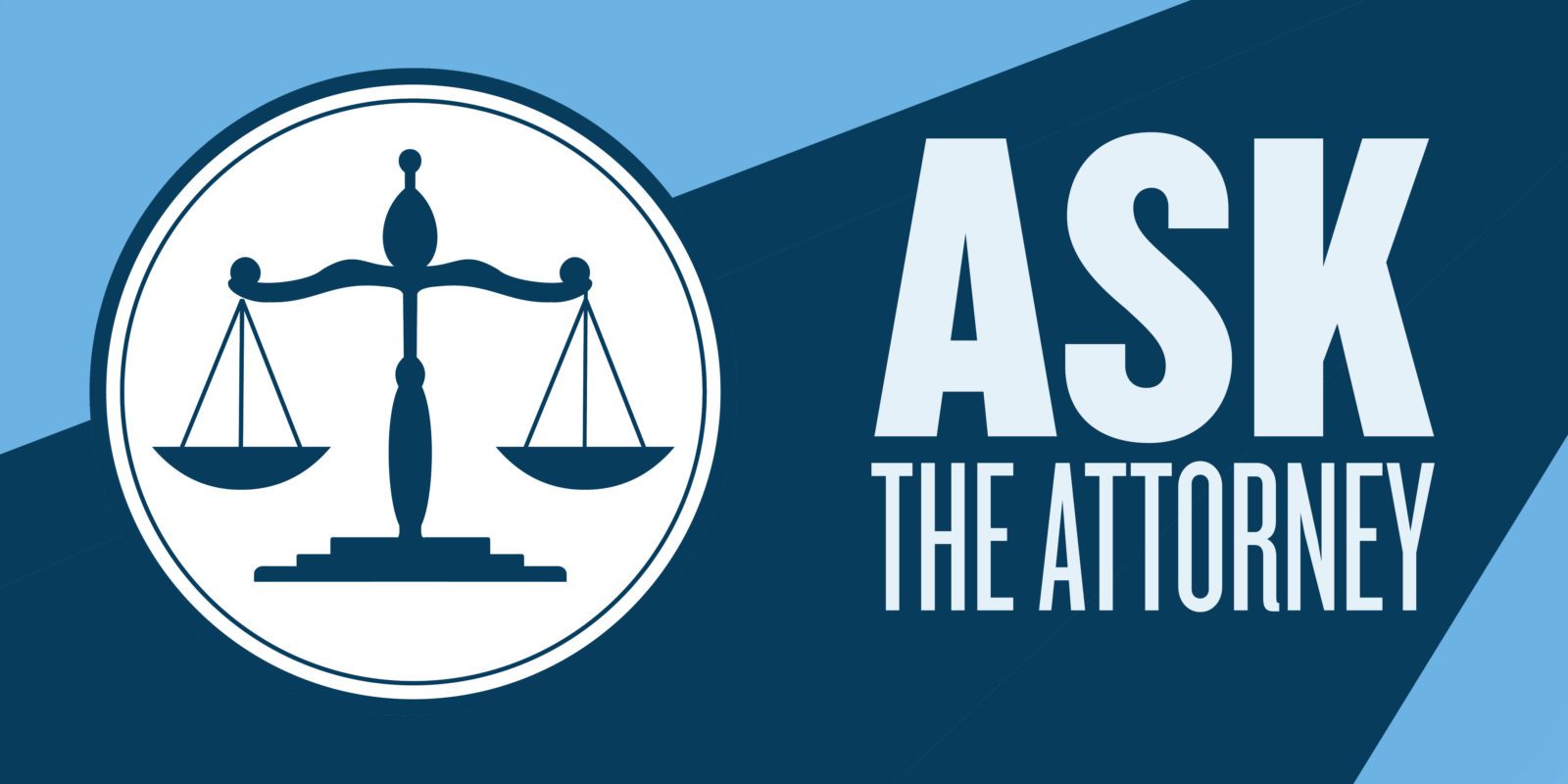Q: If a financial institution conducting a credit card fraud investigation contacts our company, what are our legal obligations; are we required to participate or support the investigation, is there any information we are required to provide in this scenario?
Receiving a notification of a pending fraud investigation or transaction dispute from your card payment acquirer can be frustrating, particularly where significant amounts are involved. Although the investigation process seems – and frequently is – adversarial and can be somewhat daunting, understanding your rights and duties can help reduce or even prevent costly chargebacks
Around the world, credit and debit card fraud losses incurred by merchants and financial institutions have reached nearly $30 billion annually. Driven in large part by the substantial increase in online, card-not-present transactions, card fraud losses likely eclipsed that figure in 2022. Even though the United States accounts for less than a quarter of all global card transactions, over a third of all card fraud occurs here.
Payment card fraud occurs in two key ways: misuse of an existing card and fraudulent account opening. The former is the more likely source of merchant investigations and chargebacks. Misuse of a card can include, among other things, theft or other misappropriation of card information through skimming, social engineering, or malware, or use of a card by an authorized user beyond the scope of his or her authority (such as an employee using a company card to pay for personal purchases).
When a notice of an inquiry or investigation arrives, do not ignore it. Failing to respond to an inquiry from your acquiring bank is the fastest and easiest way to trigger a costly chargeback. Treat a request for information from your payment processor the same way you would a legal summons: If you simply do nothing, the other side probably wins by default – and you might not have any further recourse.
The inquiry likely will request specific information, such as purchase orders, invoices, shipping manifests, and payment receipts, among other things. The information requested will depend on the nature of the dispute. A few tips:
- If the cardholder alleges fraudulent misuse of their card, a dispute that typically arises from online payments, you should provide documentation of the means by which your checkout process gathers complete card information. Online payment portals should gather complete card information – card number, expiration date, CVV code, cardholder name, and complete billing address. If you are accepting cards online without gathering all of these data points, now would be an ideal time to self-audit and revamp your payment process to avoid future chargebacks and other issues.
- If the cardholder asserts that they did not receive merchandise they ordered, be prepared to provide shipping manifests, bills of lading, and delivery confirmation. To the extent you have other records, such as serial numbers for specific products or movement scans within your distribution center, those can be useful additional building blocks in making your case to avoid a chargeback.
- Some disputes arise because a customer reconciling their credit card statement does not recognize a merchant’s name on the bill. While this is a simple dispute to resolve, the fact that the dispute arose is probably a sign that you need to review your merchant identification information with your processor. Mergers, acquisitions, and name changes frequently result in customers doing business with vendors under new names, but the merchant identifiers used by vendors are frequently overlooked. Make sure the contact phone number associated with your card transactions is up to date, and goes to a department that can actually respond to customers’ inquiries and avoid disputes and chargebacks in the first instance.
Many disputes can be resolved quickly and easily simply by providing the requested information. Sometimes, though, disagreements can arise between card issuers and acquiring banks. Under those circumstances, the dispute process can get significantly more complicated, with the card networks themselves potentially being called upon to arbitrate the dispute. Where significant dollars are at stake, it may be worth seeking the advice of a third-party dispute and chargeback specialist.
With card payments becoming increasingly common in the B2B world, there’s no time like the present to take stock of your card payment workflow, update any out-of-date information and processes, implement modern anti-fraud mechanisms, and help prevent disputes and chargebacks.
For any questions, please feel free to reach out to Lowenstein’s Andrew Behlmann ([email protected])
